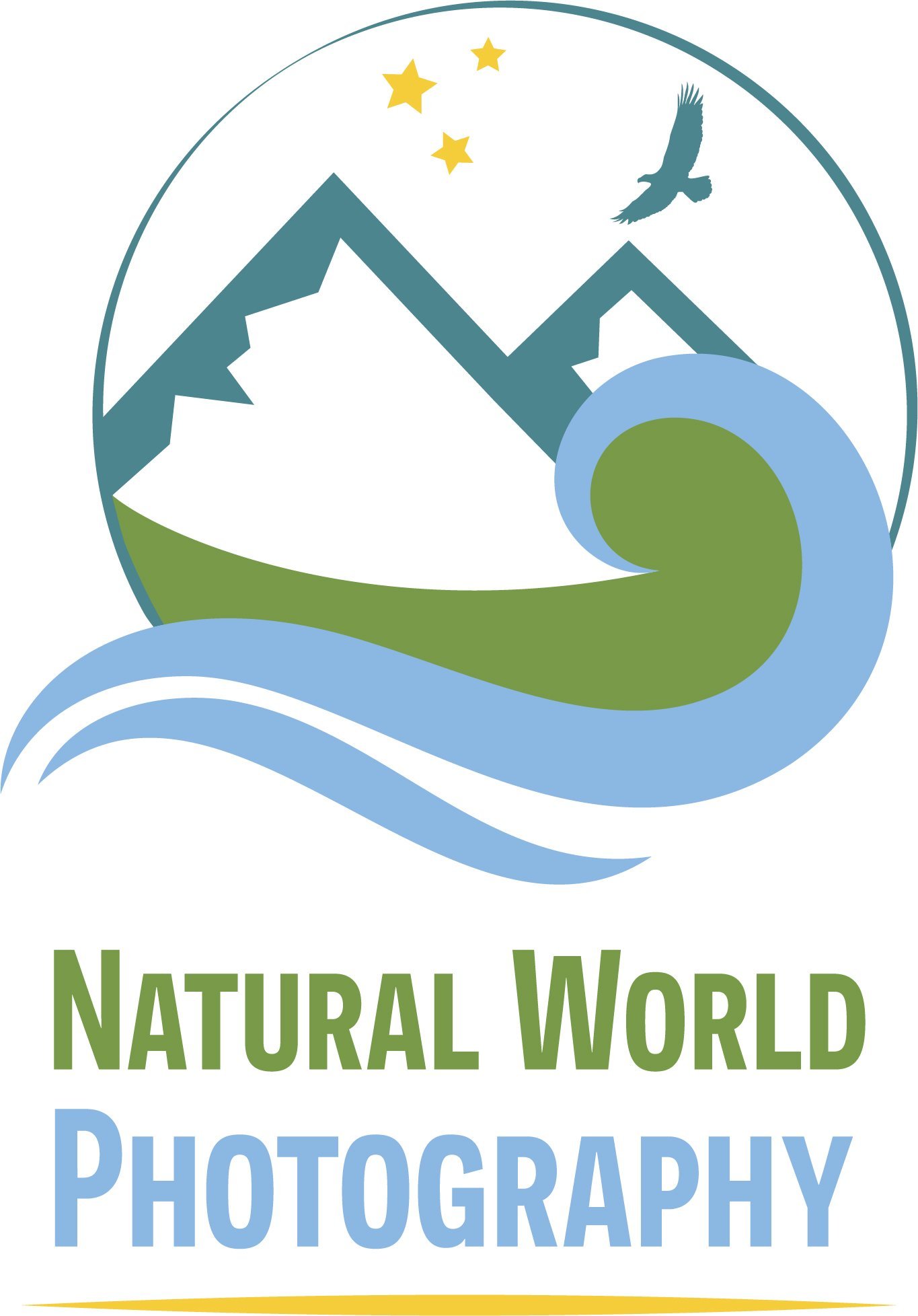













Digital photography enables us to capture the beauty of the night sky in unprecedented detail. This astrophotography workshop will introduce students to the wide range of astronomical phenomena that can be photographed using an ordinary digital single lens reflex or mirrorless camera (without a telescope). A full explanation will be provided of techniques to make stunning images of stars, planets, the moon and the Milky Way, in conjunction with terrestrial landscapes. The course also covers photographing star trails as well as rare, elusive and fast-moving astronomical phenomena such as meteors, aurorae and eclipses. The course will be run at the Castle Hotel in the market town of Devizes, Wiltshire.
Sufficient scientific detail will be included to enable course participants to understand the astronomical phenomena they can photograph and the extraordinary variety of scales of the Universe that can be recorded with an ordinary digital camera, ranging from 100 km in the case of aurorae and meteors to 25 million million million km for the Andromeda galaxy.
Subjects covered in depth are:
The Moon
Moonlit landscapes
Stars and constellations
Planets
Milky Way
Aurora borealis (northern lights)
Meteors
International Space Station
Comets
Lunar eclipses
Solar eclipses
Star trails
Selecting and lighting foregrounds
Exposure at night
Focus at night
To get the most out of the course students should already understand the basics of exposure, shutter speed, aperture and ISO; and be comfortable handling their cameras using manual exposure mode.
Your tutor Robert Harvey is the author of Photographing the Heavens.
Venue: The Castle Hotel, New Park Street, Devizes, Wiltshire SN10 1DS.
Indoor session: 2pm to 8pm followed by evening meal. Outdoor field trip: 9pm to 11pm.
Included: Tuition, evening meal, refreshments. Not included: transport to Castle Hotel, parking, transport to field location.
Group size: Maximum of six participants.
Recommended Photographic Equipment: Digital single lens reflex camera, mirrorless camera or equivalent capable of taking acceptable quality images at ISO 1600 or higher, wide angle lens (at least 24mm on full frame or 16mm on cropped sensor) with maximum aperture of at least F/4 (ideally F/2 or F/2.8), sturdy tripod (essential), lockable remote cable release, electrical heating strip or chemical hand warmers and elastic band (to strap round lens to reduce likelihood of dew forming), warm clothes and hat, hand torch and head torch. Cameras that do not allow manual control of shutter speed and aperture would not be suitable.
Date: 11 March 2026
One day workshop, cost: RPS Landscape Group Member £115, RPS Member £120, RPS Non-Member £125.
I run this zoom workshop in association with The Royal Photographic Society and bookings can be made on their website.
“Thank you for a most enjoyable, excellent and informative course today on Astrophotography. I now feel well equipped, much more informed, confident and better placed to go out and develop my skills capturing the night skies. I have just purchased your book to support today’s course and put my name forward for one of this year’s Milky Way workshops should a space become available.”
“Another excellent workshop delivered by someone who clearly knew about their subject and could bring extensive experience to the day. All the key points were well illustrated with excellent photos.”
“Thank you, Robert. It was an excellent workshop. You are extremely knowledgeable and I learnt a lot. I’m inspired to try some astrophotography.”
“I just wanted to say how much I enjoyed the course yesterday. I covered exactly the stuff that I was looking for and I am very excited now to get out and put the theory into practice, especially with regards to taking the moon and moonlit landscapes and the conjunction later this month.”
“Excellent from beginning to end.”

